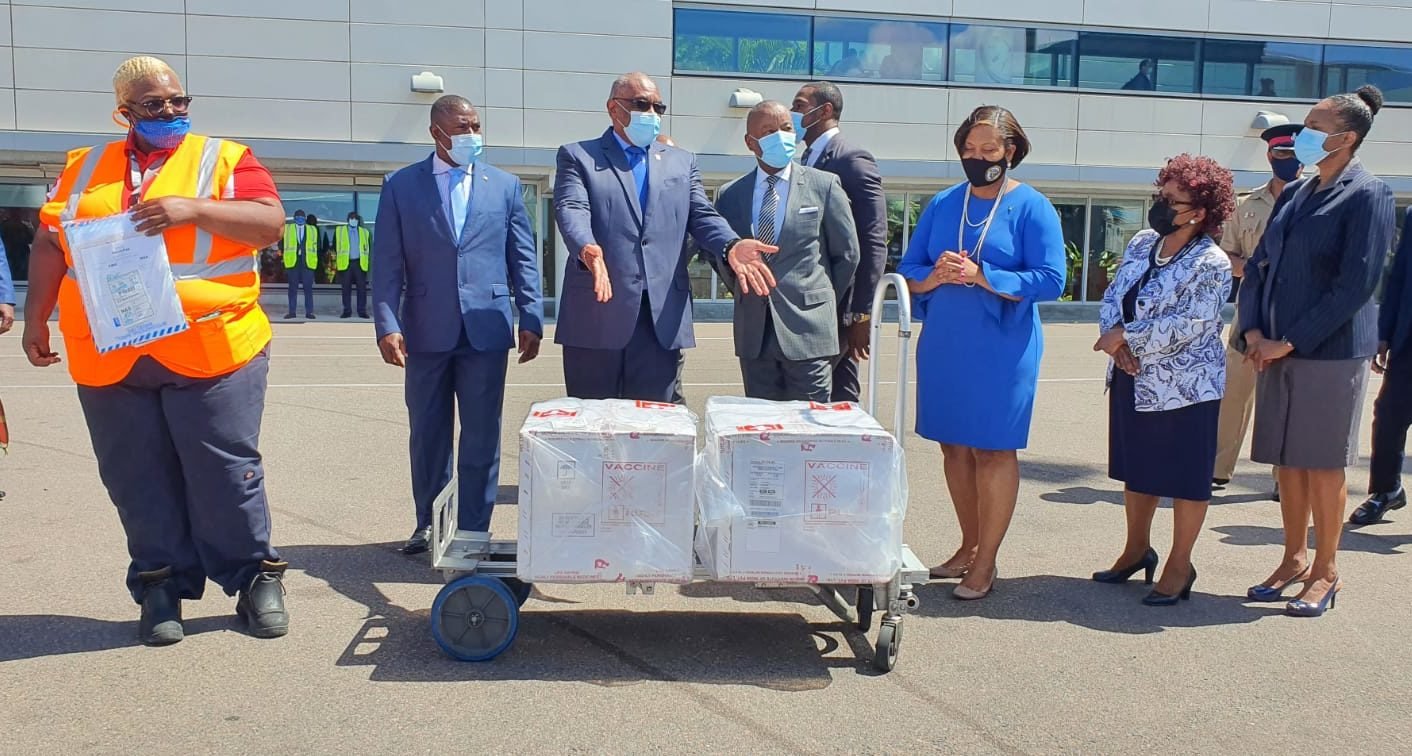EU’s medicines regulator said there is no indication the vaccine is linked to an increased risk of blood clots
NASSAU, BAHAMAS — A day after The Bahamas received its first allocation of Oxford’s AstraZeneca COVID-19 vaccines, several European Union (EU) countries have suspended the use of a batch of AstraZeneca as a precaution after reports of some people having blood clots after vaccination.
However, the EU’s medicines regulator said there is no indication the vaccine is linked to an increased risk of blood clots.
According to international reports, the EU medicines regulator said the number of cases in vaccinated people was not higher than in the general population.
A number of countries, including Denmark, Norway and Austria, suspended inoculations with a batch of AstraZeneca’s COVID-19 vaccines as a precaution while further investigation is performed.
A 49-year-old woman died as a result of severe coagulation disorders, while a 35-year-old woman developed a pulmonary embolism and is recovering, according to the Federal Office for Safety in Health Care (BASG).
The BASG noted there was currently no evidence of a causal relationship with the vaccine and the blood clotting.
Blood clotting is not among the known side effects of the vaccine.
An AstraZeneca spokesperson told Reuters: “There have been no confirmed serious adverse events associated with the vaccine.”
The spokesperson added that all batches are subject to strict and rigorous quality controls.
EU regulators approved AstraZeneca at the end of January as safe and effective to use.
The World Health Organization (WHO) followed suit in mid-February, listing the vaccine for emergency use.
According to Germany’s safety assessment of more than 360,000 people who received the AstraZeneca vaccine in-country between early February and the end of last month, the adverse reactions among those inoculated were in line with the safety profile described in the producer’s clinical trials.
The Bahamas received 20,000 doses of AstraZeneca as a donation from the government of India yesterday.
India is one of the world’s largest vaccine manufacturers.

It has donated over 175,000 doses of AstraZeneca throughout the Caribbean region.
During the handing over ceremony of the doses, which arrived in the country around noon, Prime Minister Dr Hubert Minnis announced a vaccination “trial run” set for this weekend.
He assured that with the rollout of the government’s vaccine program by early next week, the nation can “truly see light at the end of the tunnel”.
Another 33,600 doses of AstraZeneca are expected to arrive through the COVAX Facility before the end of March.
The Bahamas is expected to secure more than 100,000 doses, for which the nation has made a down payment of $250,000, through the COVAX Facility.
The government has maintained vaccination will be voluntary.






